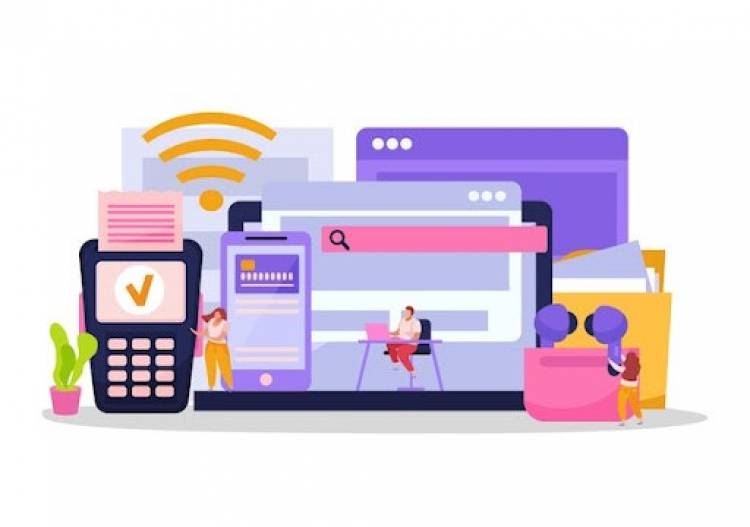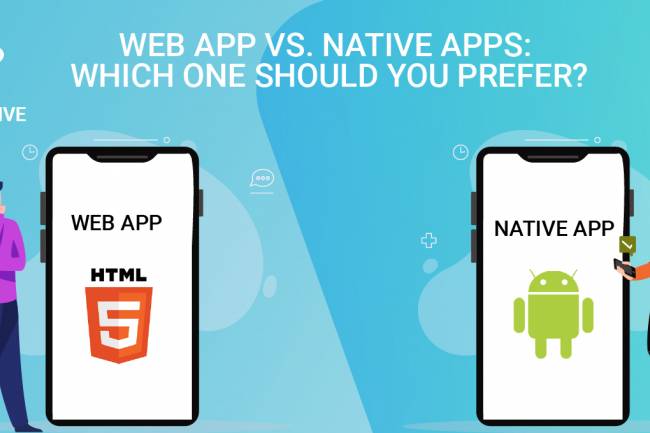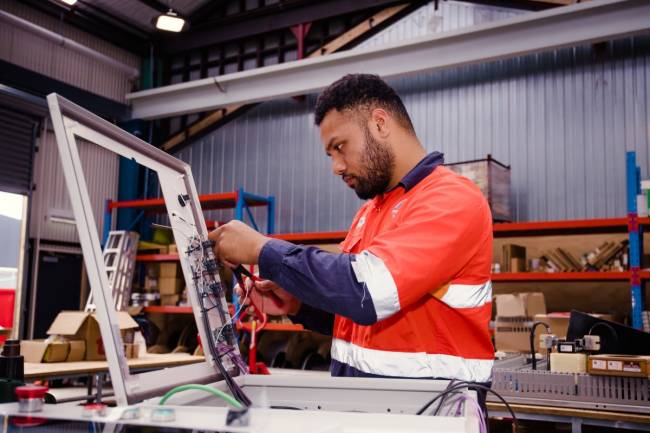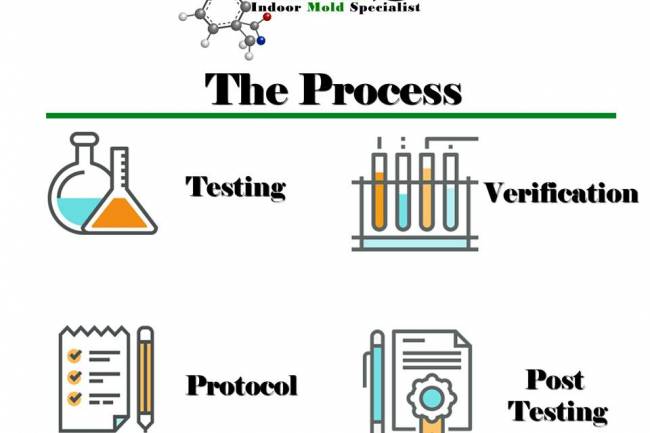
Retail Software And AI: A Complete Guide
In the ever-evolving landscape of the retail industry, technology plays a pivotal role in shaping how businesses operate and connect with customers. The combination of Retail Software with Artificial Intelligence (AI) is one of the most transformational technological advances in recent times. This collaboration has the potential to transform the way retailers manage operations, improve consumer experiences, and make data-driven decisions. Let's dive into the realm of retail software and AI in this complete tutorial, investigating its influence, benefits, and future for the retail industry.
Understanding the Role of AI in Retail Software
AI is driving the automation and enhancement of tasks that traditionally need human intelligence. When connected with Retail software, AI expands these systems' capabilities, allowing them to process and analyze massive volumes of data in real time. This data-driven approach enables retailers to make educated decisions and provide personalized customer experiences.
Benefits of AI-Powered Retail Software
Enhanced Customer Personalization:
AI algorithms analyze customer data to identify preferences and behaviors, allowing merchants to give personalized recommendations, offers, and experiences.
Inventory Management:
Artificial intelligence-driven demand forecasting and inventory optimization assist retailers in maintaining ideal stock levels, reducing overstocking or stockouts, and lowering carrying costs.
Dynamic Pricing:
AI-powered Retail Software can modify prices in real time depending on aspects like demand, competition, and customer behavior, ensuring optimal pricing strategies.
Customer Service:
AI-powered chatbots and virtual assistants provide instant, 24/7 customer care, answering questions, addressing problems, and offering a consistent customer experience.
Fraud Detection:
By analyzing transaction patterns and finding anomalies, AI algorithms can detect fraudulent actions, protecting shops from financial damages.
AI in Action: Retail Software Applications
Predictive Analytics:
AI-powered predictive analytics identify trends, allowing merchants to make proactive decisions about inventory, marketing, and sales strategies.
Recommendation Engines:
AI-powered recommendation engines analyze client preferences and behaviors to promote products, improving cross-selling and upselling potential.
Visual Recognition:
Artificial intelligence software can analyze photos and videos to identify products and measure customer emotions, delivering useful insights for marketing and retailing.
Future Trends and Possibilities
The trajectory of AI in Retail Software is set to continue evolving. Some future trends and possibilities include:
Hyper-personalization:
AI will delve deeper into personalization, allowing retailers to tailor experiences to individual preferences.
Smart Inventory Management:
AI will further optimize inventory by considering external factors such as weather, events, and social trends.
Augmented Reality:
AI and AR integration will enhance in-store and online experiences, allowing customers to visualise products before purchase.
Conclusion
The combination of retail software and artificial intelligence is transforming the retail sector. The incorporation of AI-driven skills enables retailers to negotiate the intricacies of modern business, from inventory and pricing strategies to providing personalised consumer experiences. The opportunities for AI-powered Retail Software are endless as we move forward.
ETP provides a seamless trip into the future for organizations looking to harness the disruptive power of AI in retail. ETP allows retailers to embrace the full potential of AI and pave the way for success in the ever-changing retail business with a dedication to innovation and a heritage of quality.












